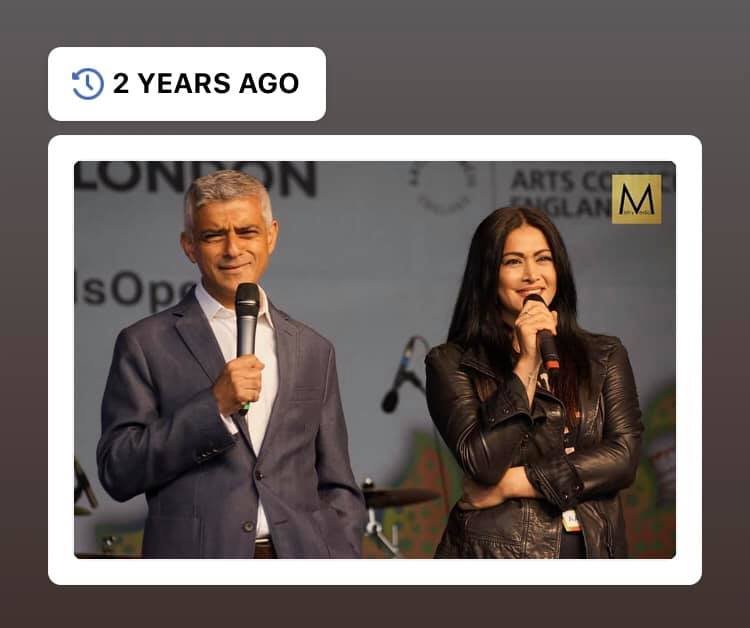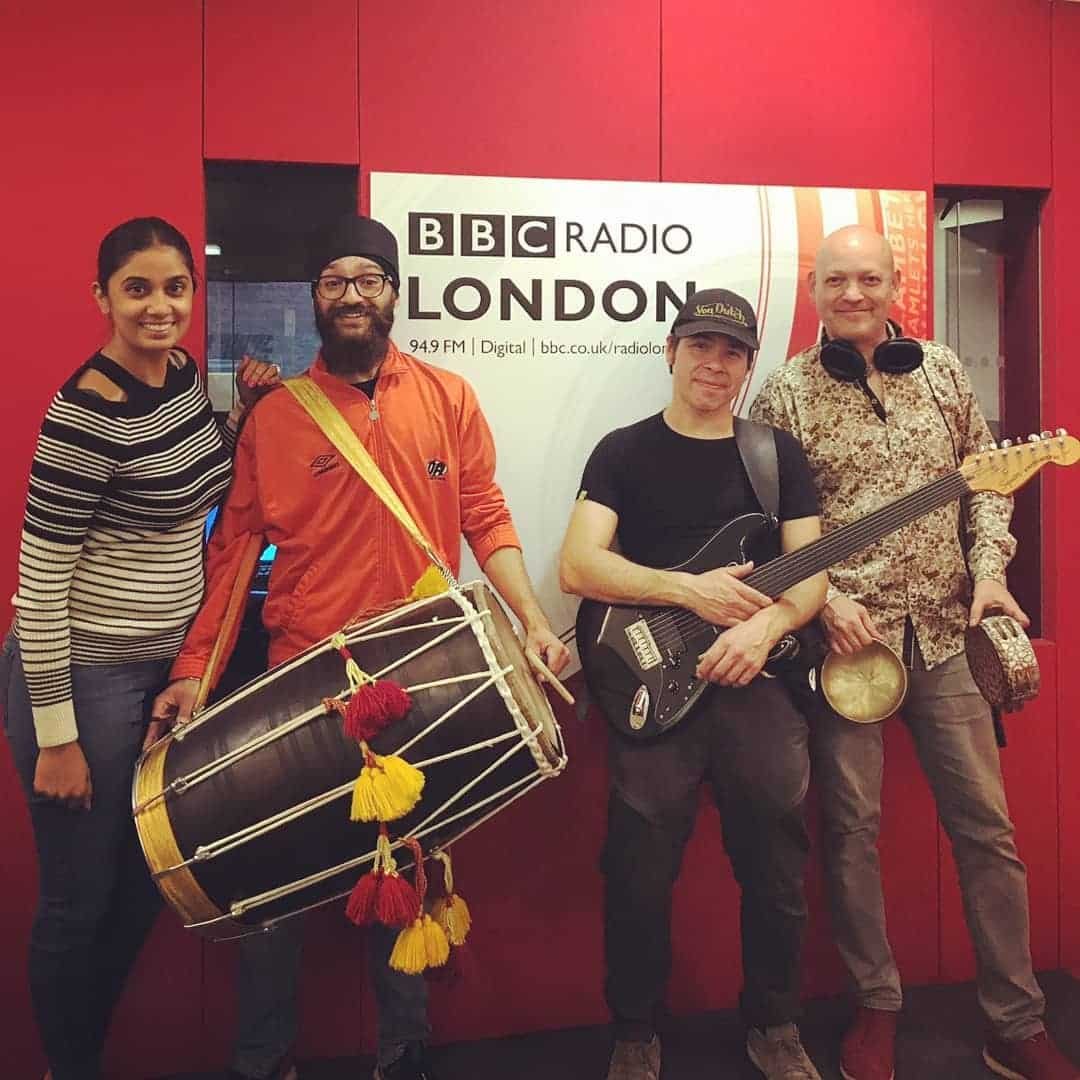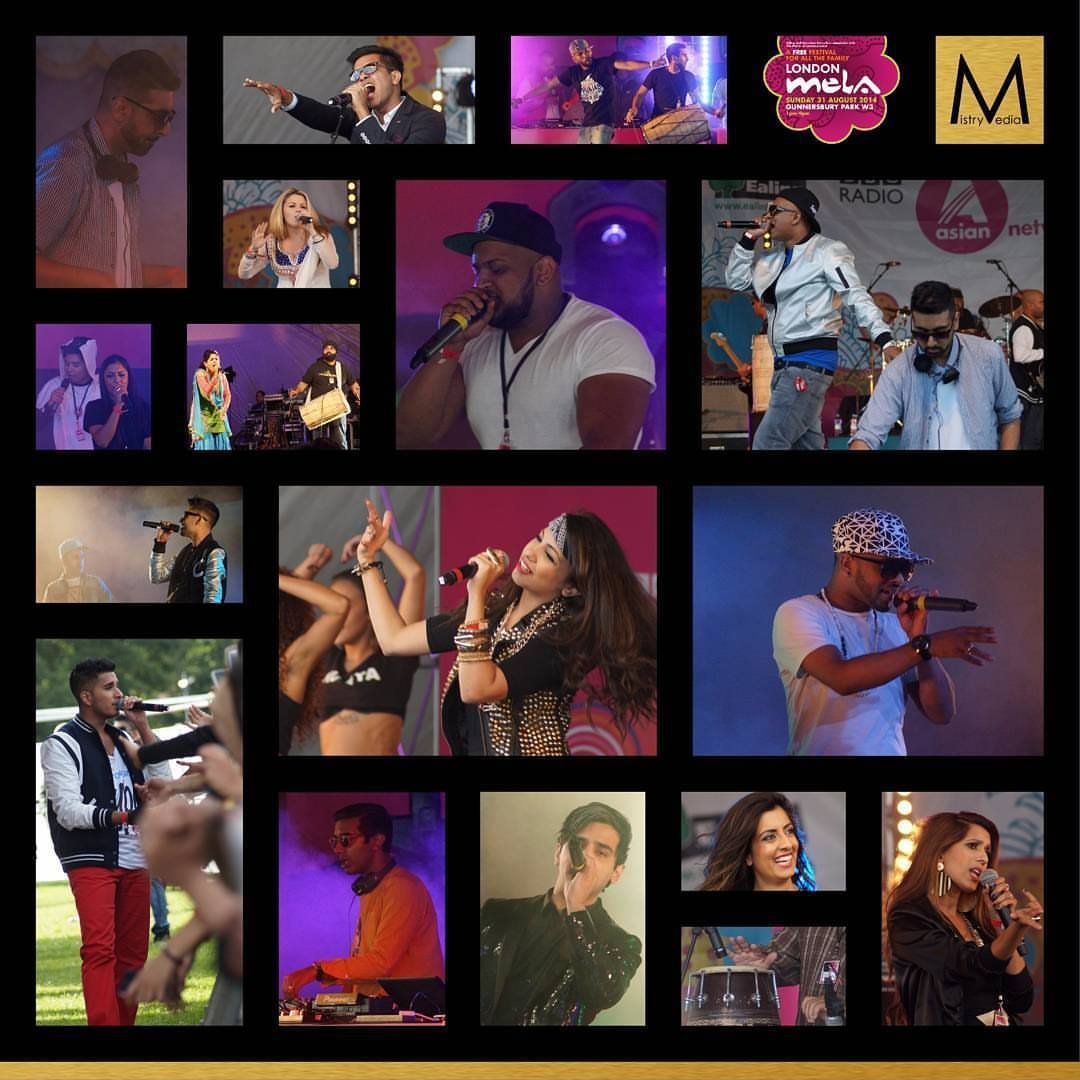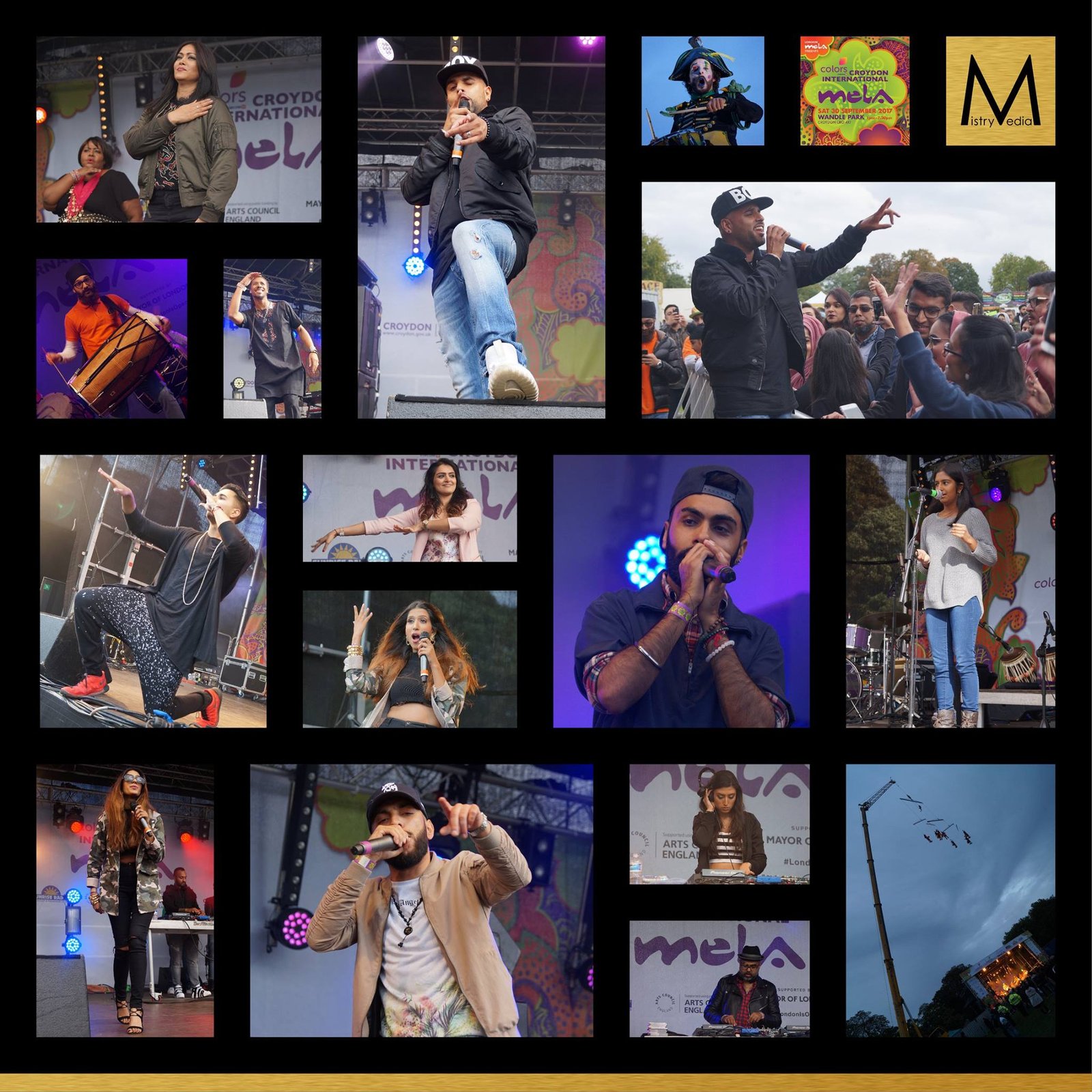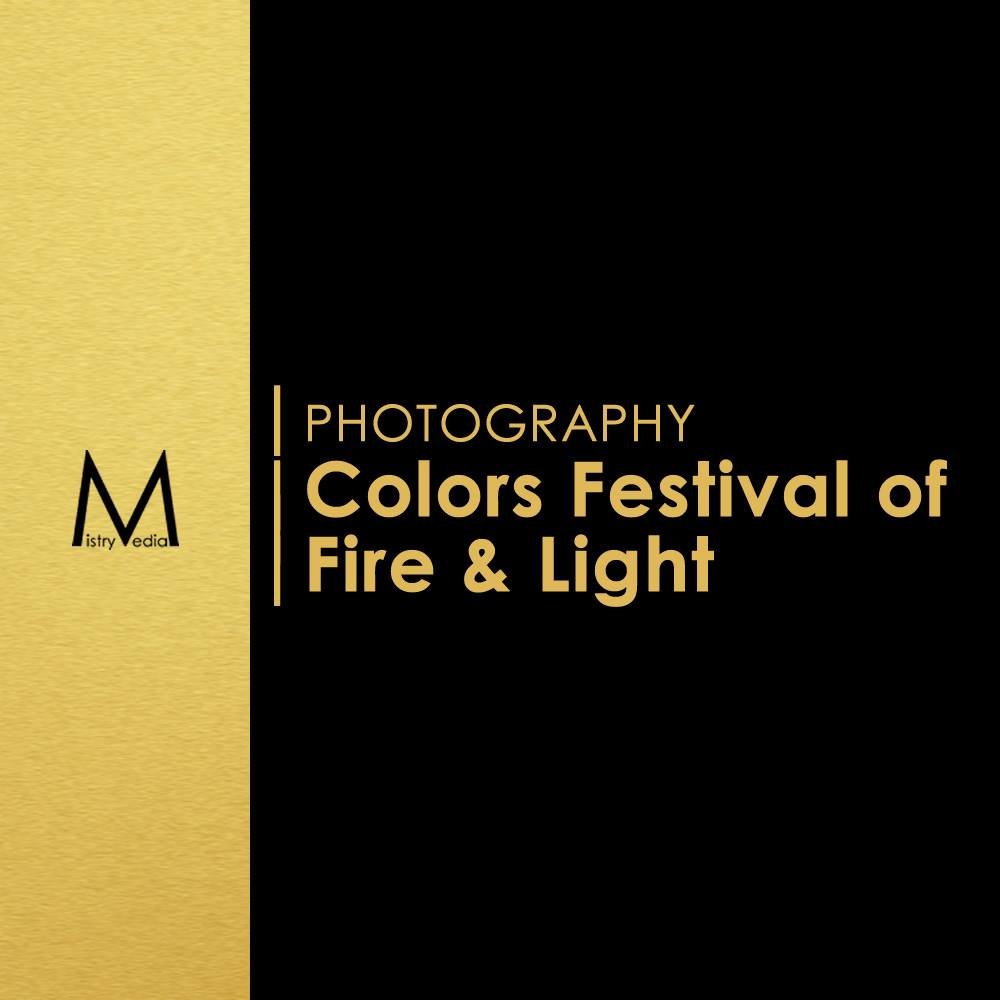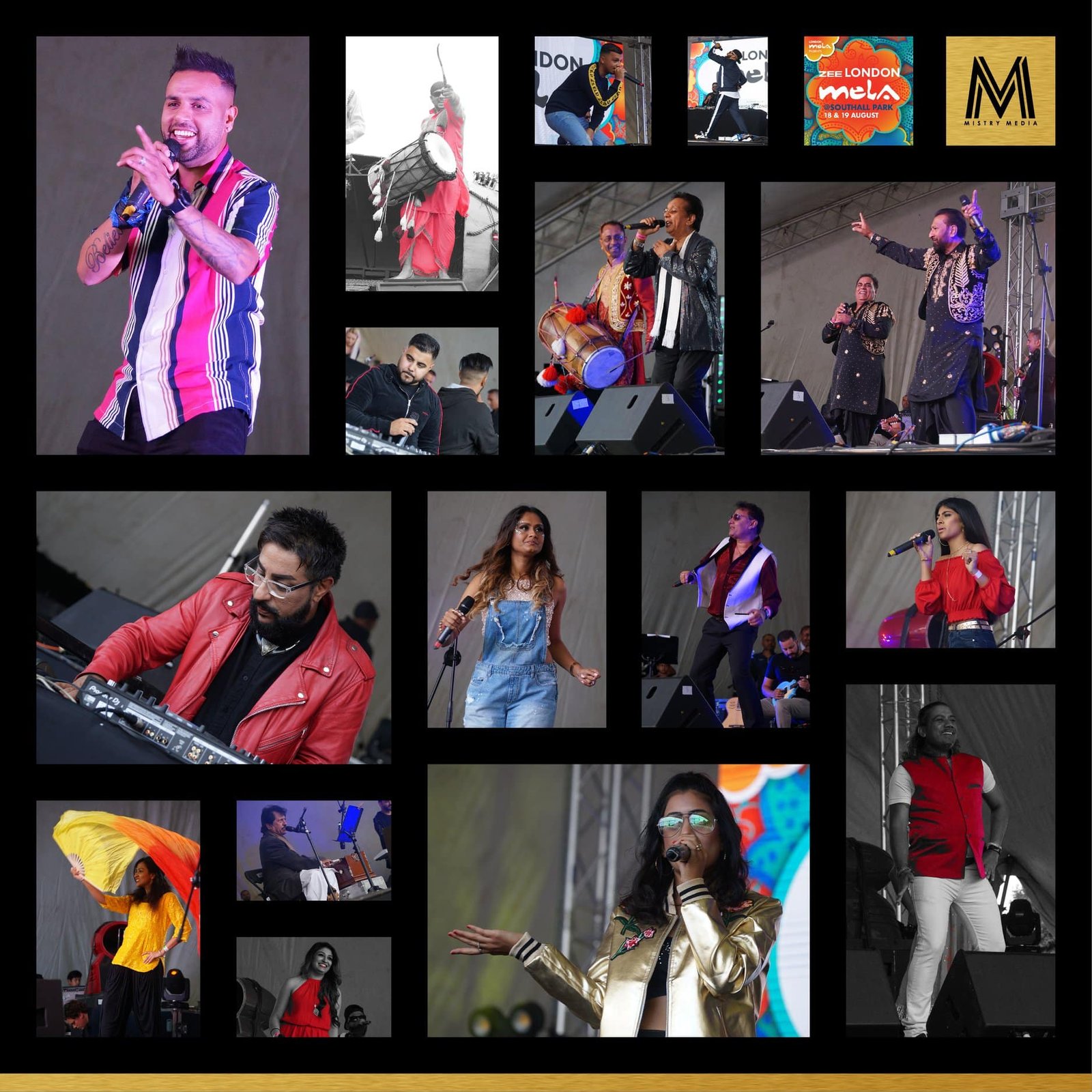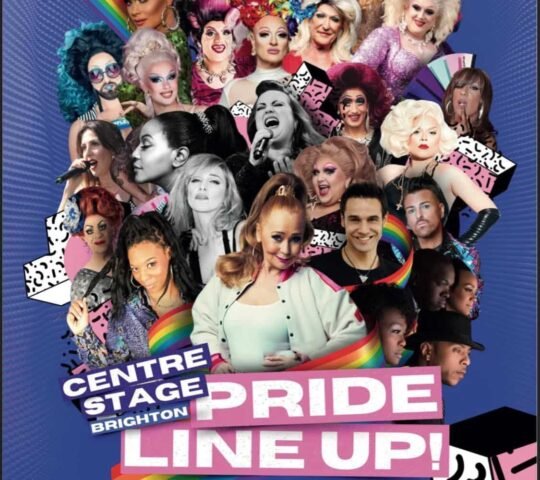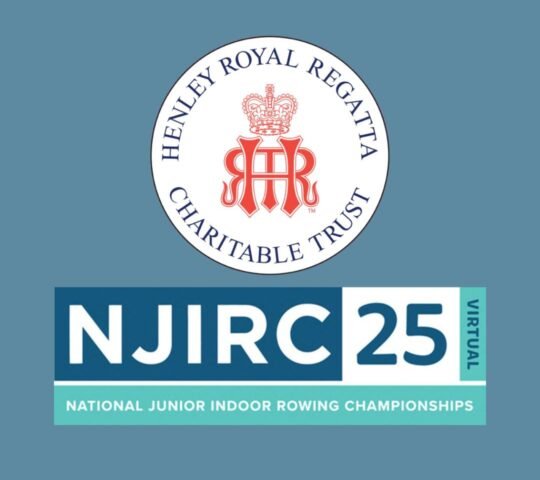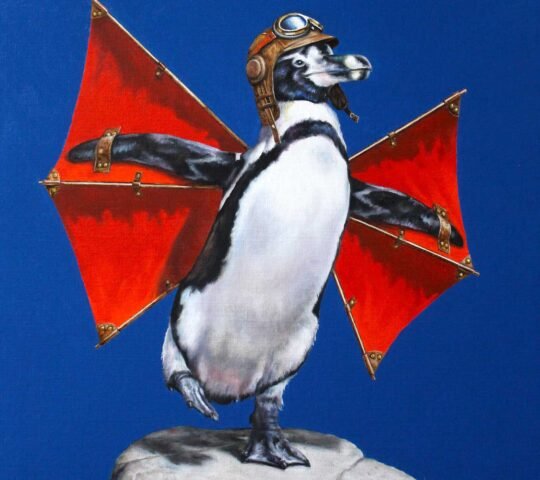London Mela (South Asian Festival) – UK 2026
Background & History
The London Mela, one of the UK’s premier celebrations of South Asian arts, music, and culture, was founded in 2002 by the charity Remarkable Productions as a vibrant response to the growing visibility of London’s South Asian diaspora, particularly in the wake of the 2001 “summer of riots” and the need for community cohesion in multicultural neighborhoods like Southall. Drawing inspiration from traditional Indian mela (fairs) that date back to ancient Vedic gatherings for trade, storytelling, and devotion, the festival aimed to bridge generational divides and foster unity amid post-colonial migrations that brought over 1.5 million South Asians to Britain by the late 20th century. Southall, with its roots as the “Little Punjab” since the 1950s Windrush-era arrivals of Punjabi Sikhs fleeing partition traumas, became the natural home—its gurdwaras, Bollywood cinemas, and curry houses embodying the resilience of communities that transformed derelict factories into bustling cultural hubs. The inaugural event drew 10,000 attendees with bhangra beats and folk dances, but by 2007, it had exploded to 100,000 visitors, earning acclaim from The Guardian as “a riot of color and sound that redefines British summer.”
Over the years, London Mela has evolved from a one-day affair into a weekend extravaganza, pausing only for the COVID-19 pandemic (canceled 2020-2021) before a triumphant 2022 return with hybrid virtual elements like live-streamed rangoli workshops. Milestones include the 2010 collaboration with BBC Asian Network, amplifying global talents like A.R. Rahman, and the 2019 edition’s genre-crossing fusions—featuring Arjun’s R&B-Indian blends and Attaullah Khan’s Pakistani folk—that attracted 120,000 fans. Produced by Remarkable Productions, a not-for-profit focused on underrepresented voices, the festival has navigated challenges like funding cuts post-Brexit by partnering with Ealing Council and Arts Council England, generating £2-3 million in local economic impact annually through tourism and trader support. Its cultural significance lies in reclaiming South Asian narratives—from Partition survivor stories to queer desi pride—while promoting anti-racism and mental health via initiatives like the Magic Mela family zone, which since 2015 has engaged 20,000 children in active lifestyle activities like cricket simulators and smoothie bikes.
For 2026, marking its 24th edition, London Mela will continue its mission to “celebrate diversity and unity,” potentially aligning with the UK’s post-Commonwealth dialogues and Southall’s 70th anniversary as a diaspora hub. Amid rising hate crimes against South Asians (up 20% in 2024 per Stop Hate UK), the festival’s secular ethos—inspired by Diwali’s lights but inclusive of all faiths—offers a beacon of hope, blending ancient traditions like garba dances with contemporary hip-hop, ensuring it remains a vital space for 100,000+ attendees to honor heritage while envisioning a harmonious multicultural Britain.
Event Highlights
- Main activities or performances: The Main Stage at Southall Park pulses with high-energy bhangra and Bollywood sets from headliners like Diljit Dosanjh or rising stars such as Jasmin Walia, blending Punjabi folk with R&B from noon to 10:00 PM daily, drawing 50,000 dance-floor fillers. Fusion collaborations—think sitar-infused electronica or Sufi qawwali meets grime—highlight genre-crossing magic, as seen in 2019’s Arjun and Attaullah Khan lineup, with live results streamed via the festival app for global viewers.
- Special traditions or features: The Carnival of Lights procession, revived post-pandemic in 2022, features illuminated floats, dhol drummers from The Dhol Company, and rangoli art contests symbolizing Diwali’s triumph of light over darkness—open to 240 schoolchildren crafting lanterns, fostering intergenerational bonds since the festival’s 2002 roots. The Magic Mela zone offers free family activities like henna workshops and puppet shows, while sustainability drives include zero-plastic pledges and solar-powered stages, earning eco-accolades from Arts Council England.
- Unique attractions for visitors: The Desi Bazaar sprawls with 150+ stalls showcasing Kashmiri pashmina, Rajasthani block prints, and eco-jewelry from ethical artisans, alongside interactive zones like the Sufi tent for meditative qawwali sessions or the Youth Mela for desi hip-hop battles. Evening fireworks over Southall Broadway cap the nights, with drone displays possible for 2026, while the LGBTQ+ Pride Mela stage—partnered with Stonewall—hosts queer bhangra and storytelling circles, celebrating South Asian fluidity in a safe, vibrant space.
Date & Duration
- Dates: August 29 – August 30, 2026 (projected based on annual late-August Bank Holiday pattern; 2019: August 31-September 1)
- Duration: 2 days
- Daily Schedule: Gates open 12:00 PM; main performances 1:00 PM–10:00 PM; family zones until 8:00 PM.
- Pre-event Milestones: Lineup announcements June 2026; volunteer sign-ups May; trader applications April.
Venue / Location
- City: London (Southall), United Kingdom
- Main venue: Southall Park, a 10-acre green space in the London Borough of Ealing, transformed annually into a cultural oasis with the Main Stage, bazaar tents, and family zones amid its historic oaks and playgrounds.
- Notable areas: Broadway entrance for bazaar and food courts; central Main Stage for concerts; Magic Mela zone for kids’ activities; Parkside for chill-out Sufi tents. Compact 0.5-mile loop, flat grass with some paths—wheelchair-friendly per Ealing Council standards.
- Google Maps address: Southall Park, Lady Margaret Road, Southall UB1 2FD, UK (coordinates: 51.509°N, 0.375°W; search “London Mela Southall Park” for event pins).
Ticket Information
- How tickets are sold: Online via londonmela.org/tickets (opens June 2026); on-site cashless; VIP bundles with priority entry via Eventbrite partners.
- Admission: Paid; free for under-5s; concessions for seniors/low-income.
- Ticket pricing in USD: Day passes $26–$39 USD (£20–£30); weekend $52–$65 USD (£40–£50); VIP $91–$130 USD (£70–£100, incl. lounge).
- Minimum ticket pricing: $26 USD (concession day pass).
- Maximum ticket pricing: $130 USD (VIP weekend with meet-and-greets).
- Special seating or VIP options: Accessible seating free with companion; VIP includes shaded areas, fast-track, and artist Q&As.
Contact Information
- Email: marketing@remarkableproductions.org (general, sponsorship); info@londonmela.org (tickets, access).
- Phone: +44 20 8574 1010 (Remarkable Productions, Mon-Fri 10 AM–4 PM GMT).
- Website: https://londonmela.org (programme, bookings); https://remarkableproductions.org (charity info).
- Social Media: @LondonMela (Instagram/X for teasers); Facebook: London Mela (40k+ followers).
- Key Staff: Director: Remarkable Productions team; Cultural Lead: Not specified—email for intros.
- Press/Volunteers: Press via marketing@; 200+ volunteer roles (stewarding) open May 2026.
- Note: Responses 24–48 hours; bilingual English/Punjabi support.
Cultural Experience
London Mela weaves a rich tapestry of South Asian heritage, where ancient mela traditions—rooted in Vedic fairs for barter and bhajans—meet London’s urban pulse in Southall’s diaspora heartland. The Carnival of Lights procession, with dhol-driven floats and rangoli paths symbolizing Diwali’s victory over despair, invites communal dances like garba circles under LED lanterns, blending Gujarati rhythms with Punjabi bhangra to honor Partition survivors’ journeys. Costumes dazzle: lehengas embroidered with Kashmiri threads, sherwanis in vibrant silks, and fusion outfits like hijabs with neon accents, reflecting South Asian women’s evolving identities amid UK’s feminist waves.
Music ignites the soul: Main Stage fusions of Sufi qawwali (Nusrat Fateh Ali Khan echoes) with desi hip-hop challenge taboos, while Youth Mela battles empower second-generation artists addressing mental health stigma (rising 30% in South Asian youth per Mind charity). Local customs thrive in the Desi Bazaar—henna artists applying bridal motifs for protection, or kite-flying contests evoking Lahore festivals—fostering intergenerational dialogues on migration’s scars and triumphs. Inclusivity pulses: LGBTQ+ stages adapt kathak to queer narratives, with BSL for dhol demos, creating a secular sanctuary where Hindu, Sikh, Muslim, and secular attendees unite, countering 2024’s 20% hate crime spike (Stop Hate UK). As Southall’s “Little Punjab” marks 70 years, Mela becomes a living archive, turning park greens into portals of resilience, joy, and cross-cultural kinship.
Food & Drinks
London Mela tantalizes with a symphony of South Asian flavors, transforming Southall Park into a gustatory bazaar that honors the diaspora’s culinary alchemy—fusing Punjabi spice routes with British twists born from 1950s rationing and curry house booms. Over 100 stalls brim with street eats like pani puri (crispy shells filled with tamarind-chili water, $3–$5 USD/portion), evoking Mumbai chaat walls, or samosas stuffed with spiced lamb and peas, deep-fried to golden crunch—a staple since Southall’s first Sikh eateries in the 1960s. Vegetarian feasts dominate: dal makhani (creamy black lentils slow-cooked overnight, $6–$8 USD/plate) simmered with butter and garlic, paired with naan baked in tandoor ovens, reflecting the gurdwara’s langar tradition of selfless feeding that sustains 5,000 daily in Southall. Seafood shines too: Goan fish curry with coconut and kokum, sustainably sourced from Thames markets, nodding to coastal Konkani roots amid UK’s fish-and-chips legacy.
Desserts evoke festive indulgence: gulab jamun (milk-dumplings soaked in rose-cardamom syrup, $4 USD/dozen), fried fresh and steaming, or jalebi spirals crisped in ghee—a Diwali delight symbolizing prosperity’s sweet spirals. Fusion innovations thrill: masala chai lattes with oat milk ($4 USD) or vegan kathi rolls wrapping paneer tikka in rumali roti, catering to 40% vegan attendees per 2023 surveys. Drinks flow with lassi (yogurt smoothies, salted or mango-sweetened, $5 USD) for cooling hydration, or non-alcoholic sharbat punches infused with kewra and saffron, evoking Lahore summers. Alcoholic options limited to VIP lounges: craft IPAs from Southall microbreweries like Haveli Brewing ($6 USD/pint), blending hoppy bitterness with cumin undertones. Dietary inclusivity abounds: 60+ gluten-free/vegan stalls (e.g., jackfruit biryani), halal/kosher certified, with large-print menus and allergen flags—sustainability via compostable plates reduces waste by 50% annually, aligning with Remarkable’s eco-charter.
The bazaar’s layout encourages mindful grazing: cluster stalls by region—Bengali sweets near Punjabi grills—for a “flavor trail” that educates on spice histories, like turmeric’s anti-inflammatory lore from Ayurvedic texts. Evening feasts under fairy lights feature communal thalis ($10–$15 USD), sharing veg/non-veg platters that mirror mela’s ethos of abundance and equity, nourishing body and spirit in Southall’s aromatic embrace.
Getting There
Navigating to London Mela in Southall Park is a seamless blend of London’s world-class transport and the neighborhood’s community warmth, designed for 100,000+ visitors to arrive sustainably amid the festival’s eco-focus. Heathrow Airport (LHR, 5 miles/15-min drive), the world’s busiest for South Asian routes with direct flights from Delhi, Mumbai, and Lahore, serves as the primary gateway—followed by a quick Elizabeth Line train to Southall station (8 min, $5 USD single). From central London, the Elizabeth Line (opened 2022) whisks commuters from Paddington to Southall in 15 minutes ($7 USD off-peak), a game-changer for diaspora families from East Ham or Wembley, reducing car use by 30% per TfL data. Buses like the 207 from Shepherd’s Bush (20 min, $3 USD) or 105 from Kingston loop through Southall Broadway, dropping at Park gate—ideal for groups with Oyster cards or contactless payments.
For eco-conscious travelers, cycling via Sustrans Route 4 (Thames Path extension) offers scenic 5-mile rides from Kew Gardens, with secure bike racks at the park (free, 500 spaces) and Santander Cycle hires nearby ($3 USD/30 min). Walking from Southall station (0.3 miles via Lady Margaret Road) is pedestrian-friendly, with shaded paths and halal cafes en route—perfect for immersing in the neighborhood’s vibe, from sari shops to graffiti murals honoring Partition heroes. Driving suits airport arrivals: M4 Junction 2 to Western Road (10 min from Heathrow), but parking is limited—pre-book at Southall Town Hall ($10–$15 USD/day) or use NCP Park Lane ($13 USD, 0.5 miles away), with Blue Badge free spots. Carpooling via festival app or BlaBlaCar cuts emissions, aligning with Mela’s green pledge.
Accessibility enhances journeys: Step-free Elizabeth Line platforms with audio announcements, plus TfL’s assisted travel scheme for door-to-door taxis ($20–$30 USD from central London). From further afield, National Rail to Ealing Broadway (then 482 bus, 10 min) connects from Manchester (3 hrs, $80 USD return) or Birmingham (2 hrs). Ferries? None direct, but Thames Clippers from Westminster (45 min to Putney, then bus) add scenic flair. Pro tips: Avoid peak 1-3 PM influx—opt for morning trains; download Citymapper app for real-time disruptions; festival shuttles from Southall station (free, hourly) ease last-mile access, ensuring even international visitors feel the mela’s welcoming “namaste” from afar.
Accommodation Options
Staying near London Mela in Southall offers a spectrum of options that immerse you in the neighborhood’s vibrant Punjabi heartbeat, from budget guesthouses echoing langar hospitality to luxury hotels blending colonial grandeur with modern desi flair—perfect for extending your festival weekend into a cultural deep-dive. Southall’s “Little Punjab” moniker shines through in family-run B&Bs like the Guru Nanak Guest House ($52–$78 USD/night), a cozy Victorian terrace 0.2 miles from the park, with home-cooked parathas for breakfast and rooftop views of gurdwara spires—ideal for diaspora returnees seeking authentic warmth, complete with prayer mats and Hindi TV channels. For mid-range comfort, the Grand Union Hotel ($78–$104 USD/night, 0.5 miles away) offers en-suite rooms in a refurbished 19th-century coaching inn, steps from Broadway’s sari emporiums and with free bikes for park jaunts—festivals often tie in discounts via londonmela.org partners.
Luxury seekers gravitate to the Heston Hyde Hotel ($130–$195 USD/night, 2 miles in Hounslow), a sprawling estate with Mughal-inspired gardens, infinity pool, and Diwali-themed spa treatments like turmeric scrubs—shuttle to Southall (10 min, $5 USD) makes it seamless, while its halal kitchens serve thalis that rival Mela stalls. Self-catering Airbnbs abound: Modern apartments in Southall Green ($91–$130 USD/night for 4), kitted with masala chai stations and Netflix queues of Bollywood classics, allow groups to recreate bazaar feasts—many hosts, second-gen South Asians, share insider tips on hidden dhabas. Budget hostels like the Southall Central YHA ($26–$39 USD/dorm, 0.4 miles) buzz with backpacker energy, offering communal kitchens for late-night chai sessions and festival after-parties—eco-upgrades like solar panels align with Mela’s green ethos.
For extended stays, Ealing Broadway’s chain hotels like Premier Inn ($65–$91 USD/night, 1.5 miles via Elizabeth Line) provide reliable no-frills with park views, while boutique gems like the Clayton Crown ($104–$156 USD, Heathrow-adjacent) cater to flyers with free transfers and yoga mats for morning surya namaskars. Family options include the Dormers Wells Lodge ($78–$104 USD, pet-friendly with kids’ rangoli kits), evoking mela’s Magic Zone. No on-site camping, but nearby Osterley Park glamping pods ($65–$91 USD/night) offer tented luxury with fairy lights—book via visitlondon.com for 5,000+ listings, prioritizing UB1 postcode for 10-min walks. Festival packages (e.g., weekend stays + VIP tickets, $260–$390 USD) via Remarkable include Broadway tours, ensuring your base becomes a portal to Southall’s soul—where every pillow whispers stories of spice-scented migrations.
Maps
Contact
FAQ's
What is the London Mela, and why is it held in Southall?
The London Mela is the UK's flagship South Asian festival, celebrating music, dance, food, and arts since 2002 to unite diverse communities amid London's multiculturalism—Southall, Europe's oldest South Asian hub since 1950s Punjabi migrations, hosts it in the park for its symbolic "Little Punjab" vibe, drawing 100,000+ annually with free entry and eco-focus; 2026's 24th edition continues post-pandemic revival.
Are tickets required, and what are the pricing options for 2026?
Paid entry via londonmela.org (from June 2026); day passes $26–$39 USD (£20–£30), weekend $52–$65 USD (£40–£50), free under-5s—VIP $91–$130 USD (£70–£100) adds lounge/fast-track; concessions for low-income, with Eventbrite for bundles—proceeds fund Remarkable's youth programs.
How family-friendly is the festival, and what activities for kids?
Highly—Magic Mela zone free for under-5s, with cricket simulators, climbing walls, henna, and puppet shows engaging 20,000 children yearly; assistance dogs welcome; quiet areas for neurodiverse—distances short (0.5-mile loop), arrive early for viewing; ties to healthy lifestyles via Let's Go Southall.
What accessibility features support disabled attendees?
Inclusive: BSL interpreters at Main Stage, accessible paths/toilets, companion tickets free; priority viewing; email info@ for plans—Southall Park's flat terrain aids mobility, with shuttle from station.
Can I perform, trade, or volunteer at 2026 Mela?
Yes—performer EOIs via site (March 2026, prioritizing youth/fusions); traders (150+ stalls) apply April; 200+ volunteers (stewarding) May via marketing@—opportunities boost diaspora economy, with sustainable criteria.

